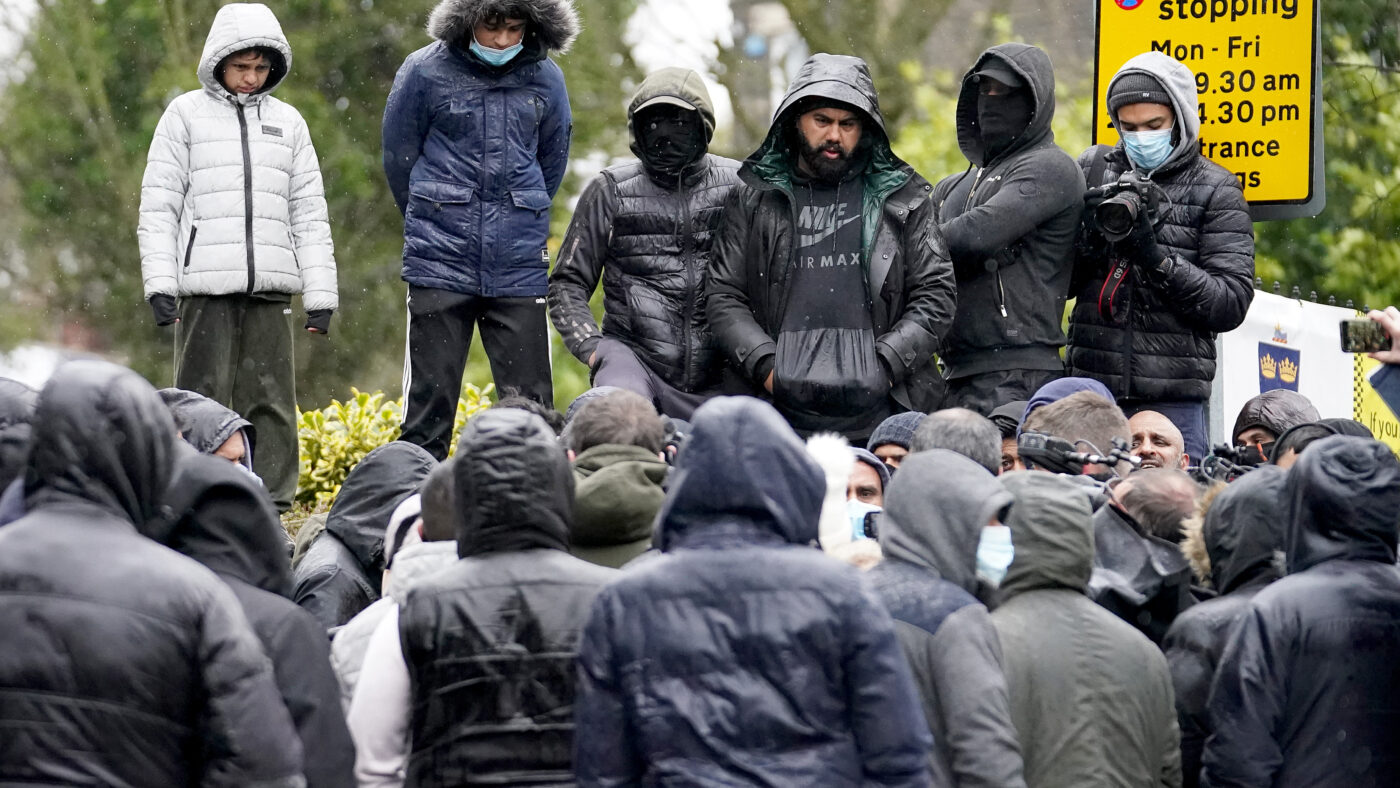Dame Sara Khan has published her independent review on social cohesion and democratic resilience, coming to the damning conclusion that there is ‘no adequate national strategic approach’ to such matters within Whitehall.
The human rights activist and counter extremism expert is right. While we are a relatively successful multi-racial, multi-ethnic and multi-faith democracy in the Western European context, complacency has crept in to the point that the cohesiveness and resilience of local communities have been neglected. As I wrote for CapX, the August-September 2022 riots in Leicester were a prime example of this – a city which had undeservedly developed a reputation for being a paragon of social cohesion, with many of its local institutions committing to a largely uncritical view of immigration-induced diversity. In terms of nationwide political trust, we are at rock-bottom – with public trust in political parties collapsing to a meagre 12%.
The central recommendation of the Khan review is the creation of an ‘independent’ and ‘impartial’ Office for Social Cohesion and Democratic Resilience (OSCDR). Khan recommends that this OSCDR establishes a ‘national cohesion assessment framework’ to identify and collect relevant national and local data including from all local authorities – which in turn will support the publication of an annual ‘State of Cohesion and Democratic Resilience in England’ report. It is envisioned by Khan that these yearly reports will ‘provide a picture of the state and progress of cohesion and democratic resilience’ – both on a nationwide basis as well as at local authority level. This would allow cohesion-related and resilience-based indicators to be tracked on an annual basis by local authority – identifying both areas of localised progress and decline, as well as a summation of the nation’s overall condition.
In theory, this sounds like an extremely worthwhile initiative – there needs to be greater public knowledge when it comes to understanding ‘coldspots’ where there are especially low levels of social cohesion and institutional trust. As well as considering attitudes towards different ethno-religious groups in society and levels of trust in local institutions, we must examine feelings of belonging in the spheres of family, work and community, rates of civic activity (such as volunteering), and levels of social membership (both faith-based and secular). This would potentially dispel some of the myths surrounding which parts of the country are genuinely ‘left-behind’ in a social and cultural sense – which may well include predominantly white-British, disadvantaged communities which have suffered severe industrial decline and witnessed the disintegration of local civic assets.
But creating new bodies such as the proposed OSCDR brings risks – and I certainly have sympathy with the argument that this is simply a ‘quangofication’ of solutions to Britain’s on-the-ground problems. There is little point in creating a new body of this nature if it is staffed with those who are associated with the very Whitehall that Khan criticised for failing to provide the country with the strategic direction it needs.
Even worse would be the possibility that it is created under a future Labour government and is staffed with pseudo-intellectual identitarians who wish to downplay genuine risks to social cohesion and democratic pluralism – such as Islamist intimidation, coercion, and harassment, as seen in the Batley Grammar School case. Also, the creation of such a body presents another opportunity for elected governments to simply outsource political responsibility and shed democratic accountability.
Ultimately, the OSCDR has plenty of potential but its success rests on a variety of factors – such as the quality of its staff and whether it can produce high-quality, cutting-edge research that informs effective policy-making in government. But even so, the British political establishment should be cautious over the idea that social cohesion can be imposed top-down on local communities – in its truest sustainable forms, it must be allowed to develop organically over time.
The creation of the OSCDR would not be a magic bullet by any stretch of the imagination. The reality is that without a family-centred social policy agenda, along with a well-ordered immigration system and streamlined asylum regime which prioritises socio-cultural integration (none of which are covered by Khan’s review), even the most well-oiled quango will achieve very little in terms of improving social cohesion outcomes in the UK.
Click here to subscribe to our daily briefing – the best pieces from CapX and across the web.
CapX depends on the generosity of its readers. If you value what we do, please consider making a donation.


